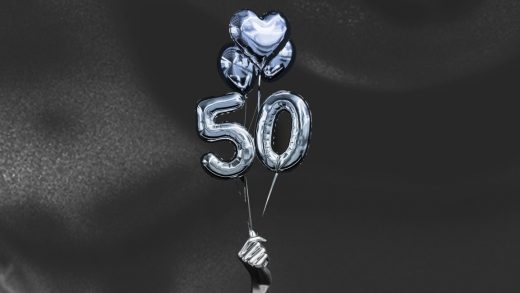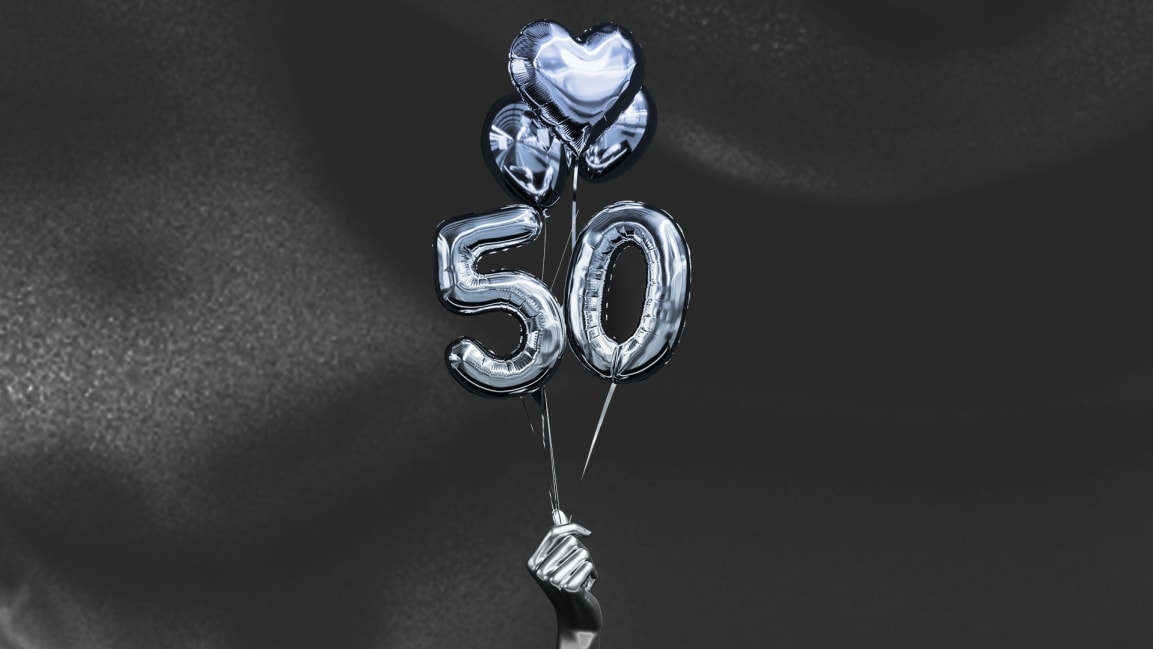Gen X women navigating the last workplace taboo can help Gen Z age in public
A good friend recently turned 50 and, naturally, she considered throwing a party to celebrate the big day. But when she told a female colleague about her plans, the colleague warned her that she might want to keep her big birthday to herself, as it could “seriously undermine” her status at work.
That story is a shocking demonstration of the age bias women still face in the workplace, but it is hardly surprising. I’ve heard firsthand of women being cautioned by management not to reveal their ages at work. If turning 50 is considered undesirable, can you imagine how undesirable it would be for these same professional women to talk about the impact menopause is having on their lives?
This taboo is just one of many that women in the workforce face, as we’re pressured to avoid discussing gynecologist appointments, mammograms, childcare obligations, or anything that might remind the office that you are a female. And while we’re moving in the right direction on topics like periods and breastfeeding, issues that older women face remain overlooked, and even shunned. But I think we are gearing up for a societal shift as we begin to question our impulse to make anything related to the aging female body taboo. That change will be led by Gen X and supported by the generations following them.
For the first time in work history, offices are contending with multiple generations of talented women under one roof. Gen Z, millennials, Gen X, and boomers work as team members and play roles of influence with each other. Millennials have been leading the charge to build more inclusive, flexible work lives, opening up the office taboos one at a time. We’ve seen everything from a rise in better parental leave and return to work after childbirth (hello, lactation rooms) to remote working and rotating desks. Gen Z is the next to don the mantle: see gender-neutral bathrooms and period products in every one of them.
But Gen X has yet to break down the menopause taboo. Despite 50 being the new 30 (did anyone look better than J.Lo at the Superbowl or Jennifer Aniston at the SAG Awards?) and the pro-aging moment we’re living in (see Keanu Reeves’s girlfriend and her flowing gray locks), Gen X has remained relatively mum on menopause and how it’s affecting them at work. And that silence can have a real impact on a company’s bottom line. A BBC study found that 70% of women don’t tell their employers that they are experiencing symptoms of menopause, even when the symptoms are causing them to miss work.
For many women, menopause hits just at the time when they’re supposed to have it all together–so they might choose to keep it under wraps for just that reason. Instead of viewing menopause as the end of a certain life stage, Gen X women would be wise to adopt it as the gateway to be open about what they are going through, especially with the younger women in the office.
My own experience with cross-generational mentoring at work was limited because I didn’t have many female bosses when I was in my twenties. The bosses I did have simply didn’t talk about their age or the changes their bodies were experiencing as a result. Nobody talked about aging. They were too busy going head-to-head with all the other male leaders.
But it is important to remove the menopause taboo at work. Like adolescence or pregnancy, menopause is a time in a woman’s life when she doesn’t feel totally in control of her body. But, unlike teenage acne or pregnancy cravings, menopause isn’t something that is openly acknowledged, even in a playful way. I’ve yet to see women wanting to admit to a hot flash mid-meeting. But when we do see that, I’m sure, like in many other former taboos like LGBTQ relationships or breastfeeding in public, we will have to thank pop culture for challenging the status quo and tearing taboos apart in the process. Angelina Jolie recently told a newspaper, “I actually love being in menopause” and the cult FX show Better Things has made the lead character’s menopause a central plotline this season. Hopefully, these moments in pop culture will lead more people to embrace this natural part of life, so that women can talk openly about what it does and how it feels.
Companies can support women as they go through this change of life. Take the taboo head-on. For too long, women experiencing menopause have been ignored or been the subject of misplaced humor. Its emotional, mental, and physical effects on women are misunderstood and underestimated.
Companies should engage women who are or have experienced menopause in their research and product design stages to be truly representative and inclusive. This recent ad from Tena, an incontinence brand, is a great starting point for women over 50 embracing the life stage they are in and how they feel about the changes their bodies are going through. The women who are featured in the ad openly discuss their feelings of sexuality and how they still enjoy intimacy and don’t shy away from the honest parts of aging.
As a female CEO in the male-dominated advertising industry, I believe our industry leaders can be the people to push culture forward. Just as we have moved beyond the tampon ads with women in white dancing on the beach, we can move into the arena of creating ads that help women in menopause feel seen and understood. Traditional Chinese medicine considers menopause to be an opportunity for women to shore up their health for the future. Rather than the Western perspective that has an unfortunate nuance, menopause is viewed as a real opportunity.
Leveraging perspectives like this can help us shift the way we see menopause and how the opportunity can be applied to the workplace. It starts from within the company’s culture to destigmatize aging and normal changes to our bodies, just as women are shoring up their stature and leadership in the workplace, not undermining it.
Ruth Bernstein is cofounder and CEO of YARD NYC.
(22)



